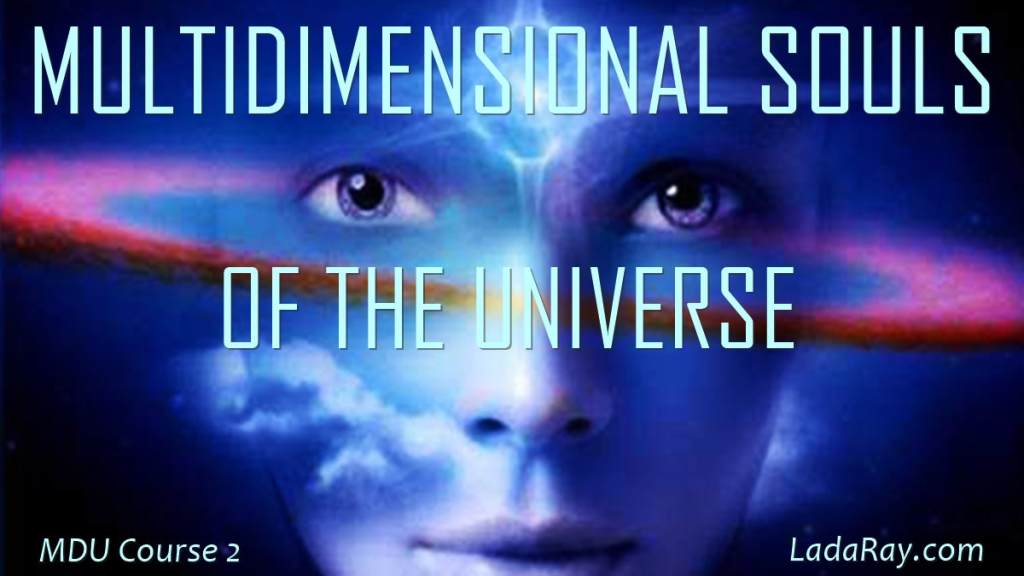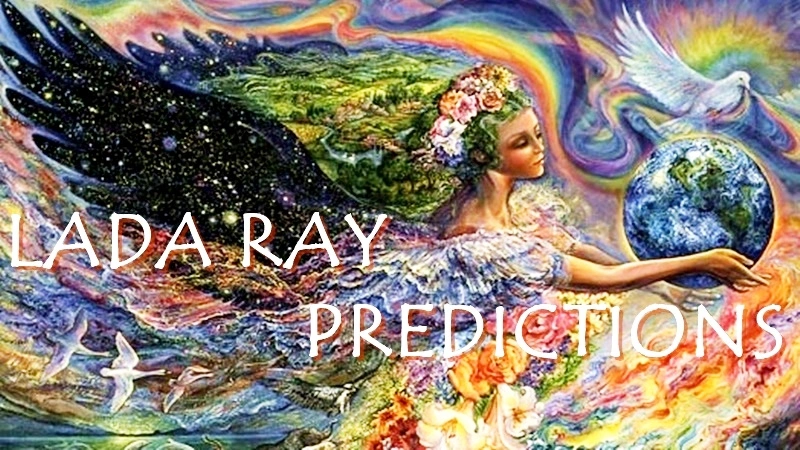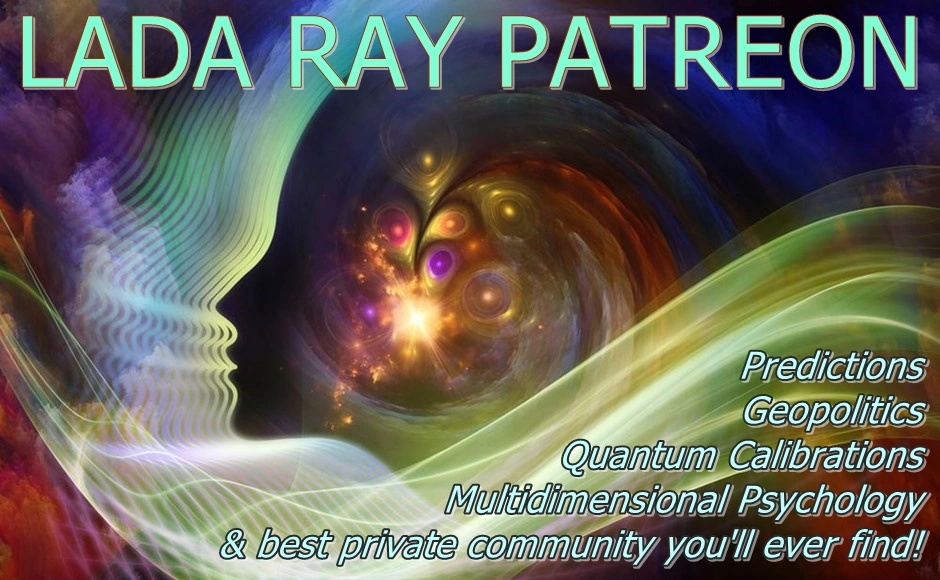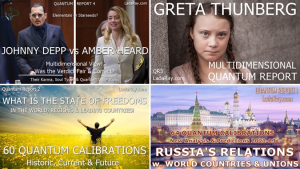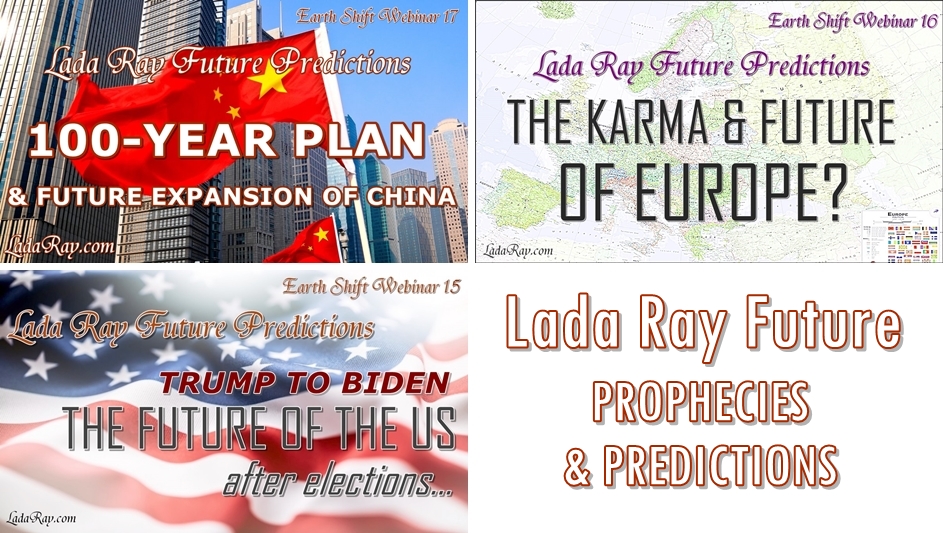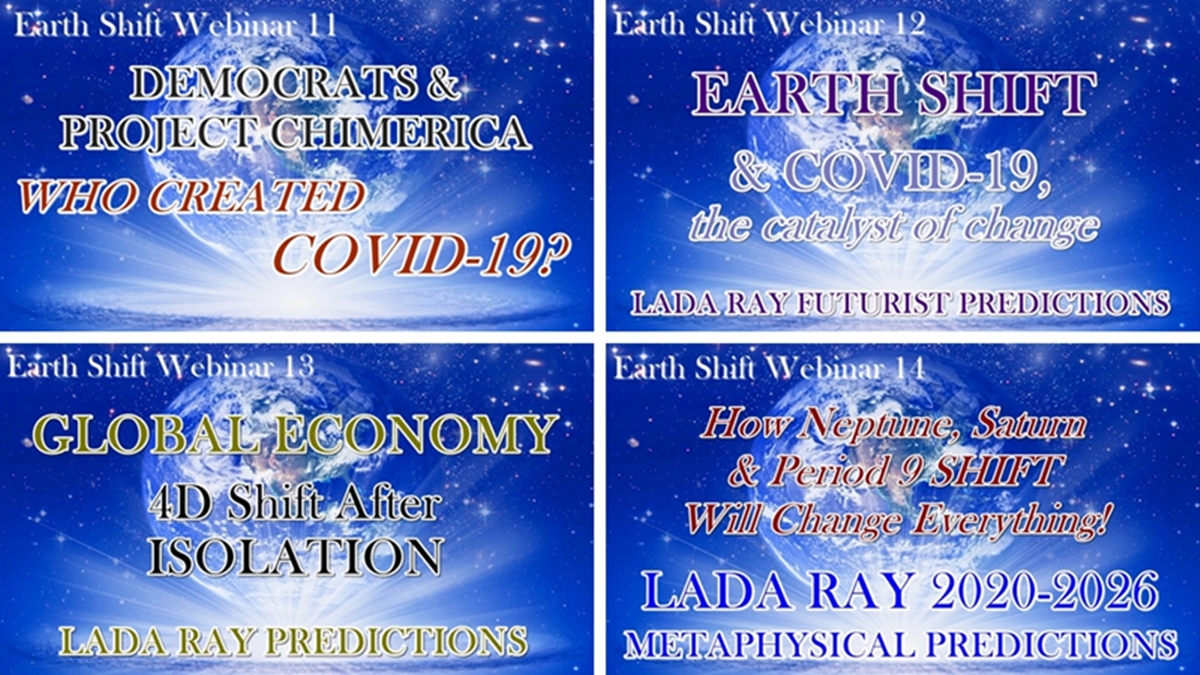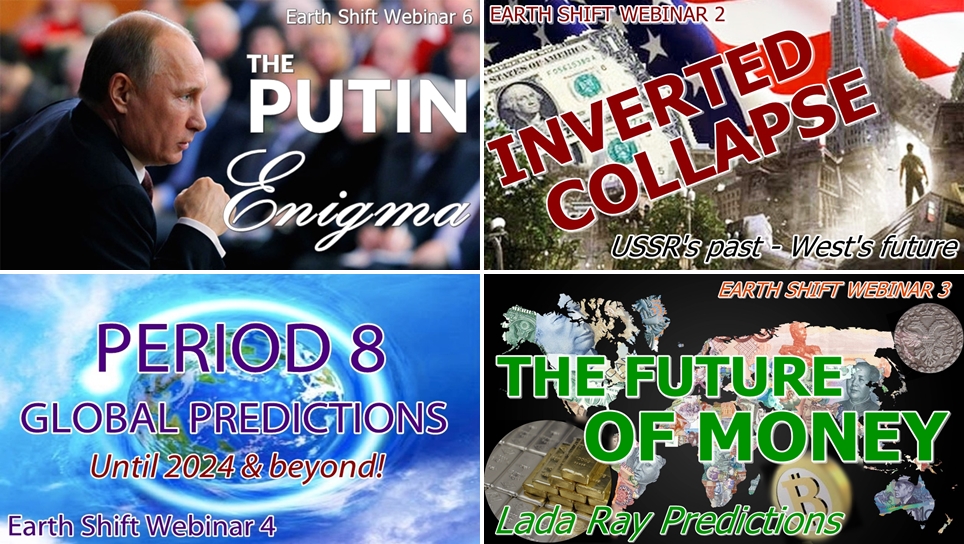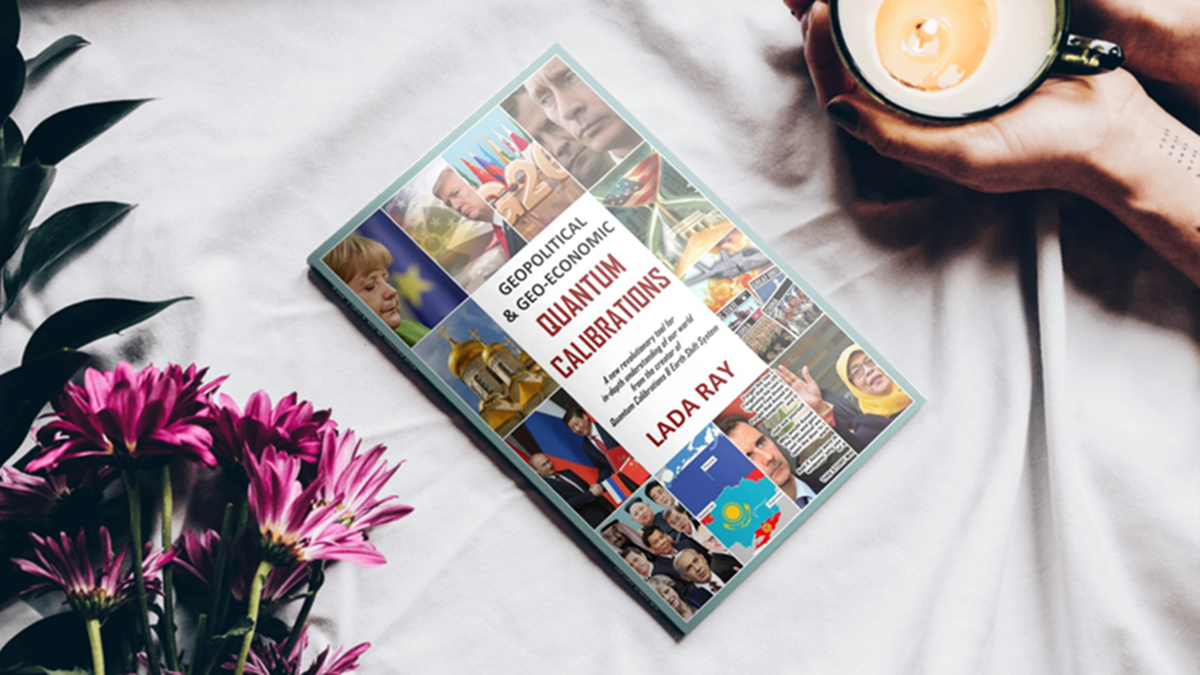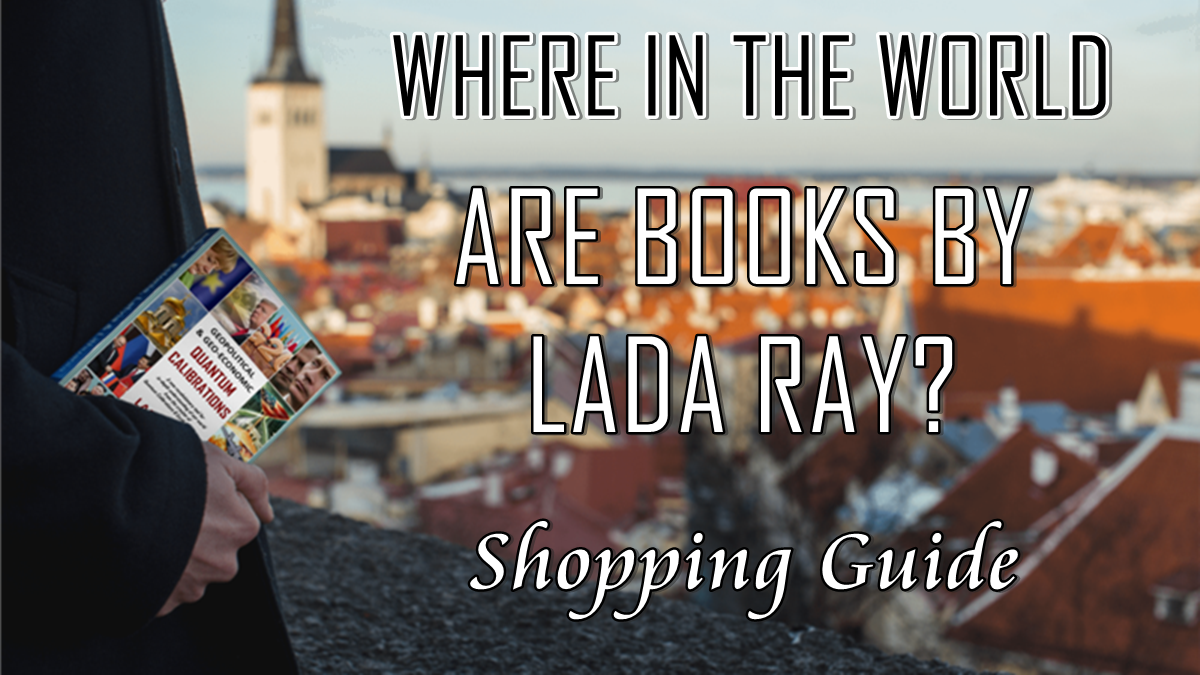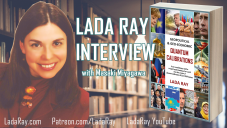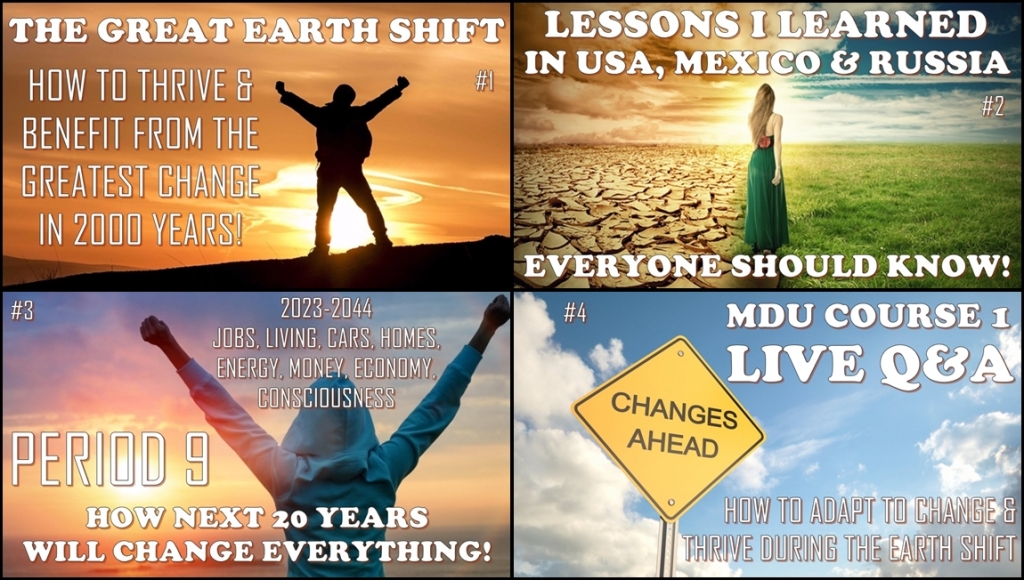Blog Archives
French Election, Macron vs. Marine Le Pen: Why ‘Every Country Deserves its Government’
Lada Ray on
French Elections, Le Pen, Macron, EU, and Why ‘Every Country Deserves its Government’
Many see the principle ‘every country deserves its government’ as something menacing or negative. But it’s neither negative nor positive: it’s neutral. It works both ways – to one’s advantage or disadvantage – and it doesn’t discriminate. It is akin to karma, or rather a self-fulfilling prophecy. Basically, this principle denotes the collective consciousness and the general cumulative energy of the population at work. It simply reflects that we all collectively are co-creators of our present and future.
I know that it’s hard for some to accept that in many ways a population of any country, tribe, territory or town has collectively generated and propelled to power a specific kind of leader, president and/or elite.
Like it or not, ultimately this is always the choice of any given populace. Sometimes the choice is obvious, when majority democratically votes for a specific candidate.
But what about a monarchy, when the title is passed on from generation to generation? In this case the inhabitants of such country agree generation after generation that such and such ruler has the god-given right to rule them. When they stop agreeing on that, monarchy ceases to exist.
Since we are talking about France today, here’s a great example: in the 18th century the French Revolution put a stop to the monarchic rule and established a republic. Throughout much of the 19th century France continued rocking, with the attempts to resurrect monarchy, since the collective energy of the French citizens could not agree on a single most beneficial future timeline. Admittedly, all this happened with a great deal of external interference by the British Empire, Austria-Hungary Empire and Jewish bankers. However, in the end of the day it were the French people who decided they wanted to live in a republic.
Or let’s take Assad and Syria. No matter how much pressure is put externally on Syria, no matter how much he and his constituents are maligned and threatened, the majority of the population still supports Assad as their leader.
On the other hand, if we take the EU, the system has been designed to produce fake leaders, who are robotic bureaucrats. This happens when the majority of the population is zombified and/or lives in la-la land, when the real world’s problems escape them. Incidentally, this is usually a road to slow destruction. In that case, the populace will produce governments to match.
Now, back to French presidential election. It is clear to me that Marine Le Pen has appeared on the French scene not by accident. Her appearance and fast rise are predestined. In fact, the sane people of France and the EU crave politicians of Le Pen’s strength in order to change the landscape of Europe. The problem is that the old establishment is so far too strong and the percentage of zombified populace is still too large in order for a meaningful change to occur.
However, recall what I predicted in ESR12 re. BREXIT and the Future of the EU: it is a slow and relentless ‘rickety chair effect.’ Slowly, the chair is being more and more destabilized – until it actually falls apart.
The fact that it’s so hard for either candidate, Le Pen, Macron or anyone else, to get a clear majority means that the French population is torn between conflicting choices. It may be clear to us and to those nearly 8 million French citizens who voted for Le Pen, but the rest is either too misinformed, brainwashed or confused. As a result, there is no collective consciousness consensus, or said another way, there is no clear sense of direction France, as well as the whole EU, needs to take.
France is torn between the past and the future. Part of it is a stigma attached to Marine Le Pen’s father and her party (incidentally, that’s why she announced her resignation – I’ll tell you more in upcoming ESR18!). But for the most part it’s all about hanging on to the past and being fearful of change. Some don’t want to give up the cushy lifestyle they came to enjoy as part of the EU; some are afraid to lose all the perks and freedoms the EU allows, such as one currency and open borders.
However, others consider these ‘perks’ to be a burden, and possibly even existential threat, due to the fact that various terrorists and subversive elements may now be able to seep through such open borders, or because one currency and one government restricts national choices, personal freedoms and trade options of any given country. There are additional considerations, such taxes, immigration, social assistance, preserving national and cultural identity, NATO interventionism vs. neutral non-alignment with military blocks, etc.
France’s curse is that it’s Europe’s permanent No. 2. It is one of Europe’s largest economies, with its distinct and rich culture and heritage, with a lot of national pride and talent. Yet in every alliance it has ever entered it always was resigned to playing a second fiddle. With Antanta during WWI it was the second fiddle to the UK; in WWII it was something like a tag along 4th fiddle to three main Allies (USSR, US and UK). In the EU, it’s the second fiddle to Germany.
We can say that the French basically thrived the most when they made an effort to be independent. In recent history it was under Charles De Gaulle and a few of his successors.
Incidentally, it has to be absolutely understood that the phenomenon of De Gaulle and his proud nonaligned, non-NATO, independent of the US/UK/global banksters stance was only possible due to the existence of THE SOVIET UNION, a very strong superpower, which served as the counterweight to the West. The moment Soviet Union was destroyed, France by itself began caving in to pressure from the Anglo-American consortium. Considering how many times this caving in to foreign pressure and partial or complete loss of sovereignty occurred in history, this is something the French resent dearly.
Therefore, if the French at large were smart, they’d get it that only strong Russia – The Great Balancer serves as guarantor of their continued sovereignty. I am not even talking about being grateful for all the support Russia/USSR gave France in the past (alas, gratitude isn’t fashionable in today’s world of Western egoic neo-liberalism).
Perhaps because of this, three out of four major candidates proclaimed their goal of improving relations with Russia. Yet – oh, irony! – Emmanuel Macron, the pro-EU, globalist candidate who stands for confrontation with Russia, won the first round. And it is behind this candidate that the majority of other candidates threw their support in the end.
Even more ironically, the French election front-runner is a younger, slicker, more slippery and more charismatic version of Hollande – the man the French voted out of office during his first term, whose approval now stands at 4%!
Compare him to Marine Le Pen, a rare French politician who truly gets it. This is why she has been so pro-Russian in her statements and campaign promises. In fact, recall what I predicted a while back (in 2014 or 2015, I think): forget the old division into leftists and rightists. That should be left in the 20th century. Presently, the defining factors for who to vote for are: how a candidate or party positions itself in regards to the issues of sovereignty, globalism and relations with Russia. THIS is your ultimate litmus test.
Per Lada Ray’s EARTH SHIFT THEORY, human society has become incredibly imbalanced and lopsided towards unabated individualism and egoic consumerism, which in the end will unavoidably lead to the ultimate loss of all freedoms through the Western-style globalist project, unless Russia – The Great Balancer rebalances the planet before it’s too late.
Who will France elect as new president? France’s choice will tell us whether the population deserves a better government and a better future.
OR, whether France will continue reliving the classic definition of madness: making the same mistake over and over again and expecting a different result. We will discuss all this in upcoming EARTH SHIFT REPORT 18.
COMING SOON!
EARTH SHIFT REPORT 18 (written report)
Lada Ray French Election Predictions: Le Pen – Macron Face-off & What it Means for the EU
Support Lada’s work: DONATE
Webinars Earth Shift Report LadaRay.com
BOOKS EARTH SHIFT SYSTEM LINKS
RUSSIA THE GREAT BALANCER QUANTUM CALIBRATIONS
FOLLOW! FuturisTrendcast LadaRayChannel Twitter G+ LadaRayBlog



